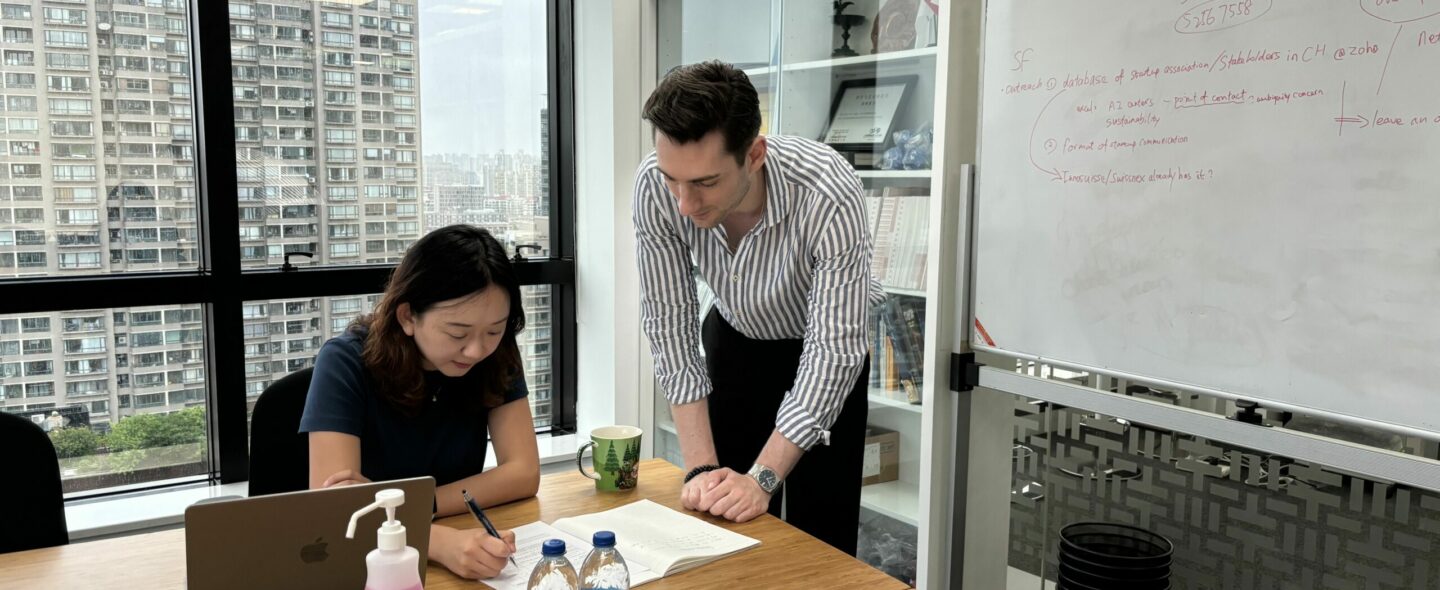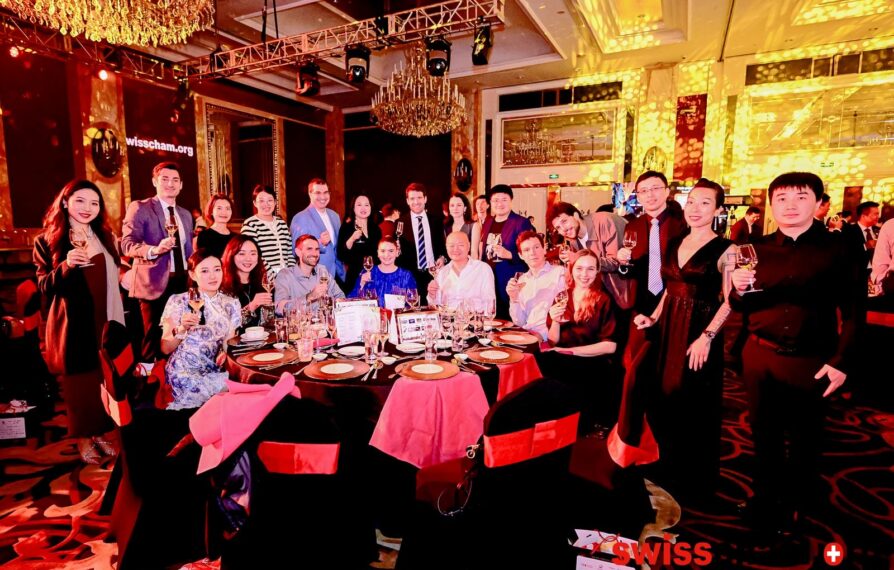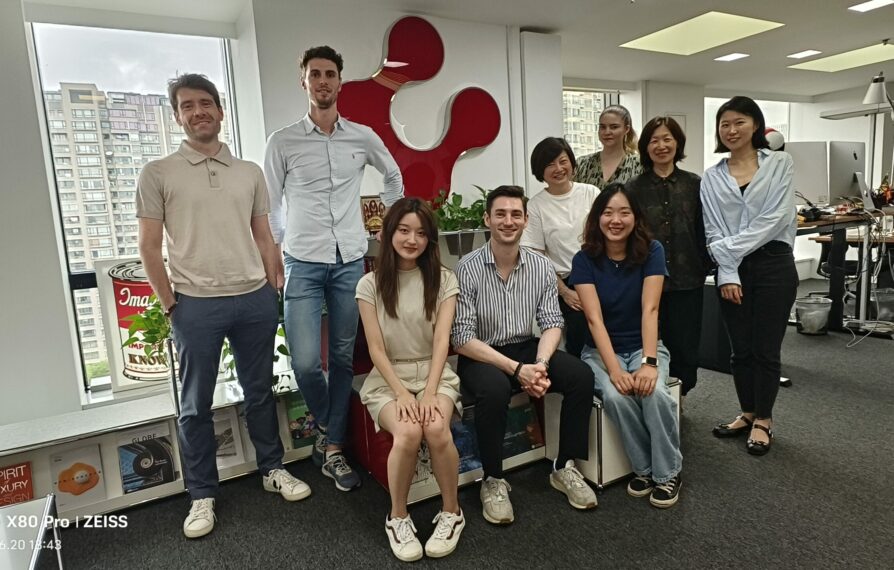

MSc Business Administration, Major in "Business in Eurasia" at HES-SO Haute école spécialisée de Suisse occidentale
Yann Pillonel spent three months at Swissnex in China as an academic guest, where he conducted research for his master’s thesis and provided assistance to the Innovation and Entrepreneurship team. Yann is currently studying for a Master's degree in Business Administration with a specialization in "Business in Eurasia" at HES-SO Haute école spécialisée de Suisse occidentale. During his time at Swissnex, he focused on investigating the motivations behind Swiss startups' internationalization to China, the challenges they face, and how to overcome them.
Why did you choose China for your research?
My major, Business in Eurasia, focuses on China and Russia. I took many courses on the Chinese economy, culture, and geopolitics, and I chose to learn Chinese as a new language. I developed a natural interest in China through this program.
What were your thoughts on China before you arrived, and how have they changed after your stay?
Before coming, I perceived China as an intriguing but relatively unfamiliar country. It’s little-known in Europe. The media often portrays it negatively or neutrally. I was curious to see the reality for myself. From a business perspective, China is unavoidable for many industries. After my stay, I found many positive aspects of China, such as its fascinating culture and the rapid pace of life. I was amazed by the convenience of apps that handle everything from metro tickets to restaurant payments. The people are also very kind.

What is your connection with Swissnex?
I have a learning agreement with them. For three months, I’ve had access to their office, a desk, and their events and contacts. I’ve also helped with some projects when needed. It’s been a sabbatical-like experience, and I’m very grateful for the opportunity.

Can you share some insights from your thesis findings?
Some startups are very enthusiastic about China, often because they have a prior connection, like a personal connection. However, many underestimate the resources needed to explore the Chinese market. They come with global objectives but often lack a specific Chinese strategy. For example, software companies might need to adjust their products to connect with the Chinese network. Startups need to be ready for the significant time, energy, and resources required for the Chinese market.
Even if you’re not particularly interested in China, it’s worth understanding what happens there since it is a major global power, different from the US. For business founders and entrepreneurs, it can be beneficial to explore developments in China relevant to their specific sectors.
What are your plans after leaving China?
After leaving China, I’ll spend some time in Japan and South Korea before returning to Switzerland to finish my thesis. I plan to follow up with some of the startups I met here to see how their views evolve after returning home. My thesis is due on August 22, with an oral presentation in mid September.
Is there anything else you’d like to add?
I want to thank the Swissnex team for their kindness and support, especially Philippe and those who accepted my visit. I’d also like to thank the startups and everyone in the Swissnex ecosystem for their valuable insights. It’s been a fascinating experience, both formally and informally. Additionally, I want to thank my professor and thesis supervisor Güldem Karamustafa for her precious support and help.
